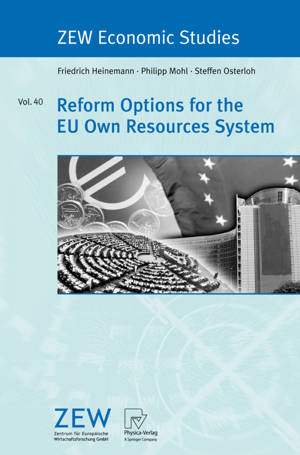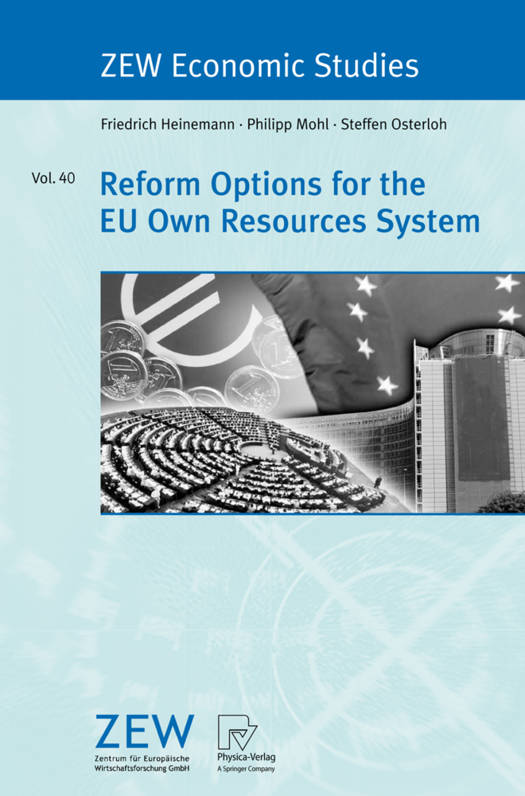
- Afhalen na 1 uur in een winkel met voorraad
- Gratis thuislevering in België vanaf € 30
- Ruim aanbod met 7 miljoen producten
- Afhalen na 1 uur in een winkel met voorraad
- Gratis thuislevering in België vanaf € 30
- Ruim aanbod met 7 miljoen producten
Zoeken
€ 139,95
+ 279 punten
Omschrijving
The general review of the European Union's budget scheduled for the years 2008 and 2009 offers a unique opportunity for reflections. Explicitly this review is "without taboos" so that also substantive changes can and should be debated. Without doubt much better budgetary systems can be imagined compared to the status quo of the EU budget which is the outcome of a path-dependent process and where many details are only understandable by taking account of the historical context of past decisions. However, even if much better systems could be designed in theory, each reform suggestion, in the end, must pass the reality check of fi- ing unanimous support from all 27 member countries. This restriction heavily l- its the universe of available reform options. Faced with that difficulty the ZEW project team embarked on the adventure to think about possible reform options for the future EU own resource system. This volume documents the conclusions. At first sight our reform suggestion may - pear to be of a rather piecemeal nature since we recommend a reform model with strong ties to the status quo. Nevertheless, we are convinced that our seemingly minor changes will set the budget on a path towards a more rational European budget which, in the end, will create leeway for financing European policies with a true European value added. We gratefully acknowledge financial support from the German Federal Min- try of Finance in conducting this study.
Specificaties
Betrokkenen
- Auteur(s):
- Uitgeverij:
Inhoud
- Aantal bladzijden:
- 178
- Taal:
- Engels
- Reeks:
- Reeksnummer:
- nr. 40
Eigenschappen
- Productcode (EAN):
- 9783790820652
- Verschijningsdatum:
- 5/08/2008
- Uitvoering:
- Paperback
- Formaat:
- Trade paperback (VS)
- Afmetingen:
- 156 mm x 234 mm
- Gewicht:
- 272 g

Alleen bij Standaard Boekhandel
+ 279 punten op je klantenkaart van Standaard Boekhandel
Beoordelingen
We publiceren alleen reviews die voldoen aan de voorwaarden voor reviews. Bekijk onze voorwaarden voor reviews.







